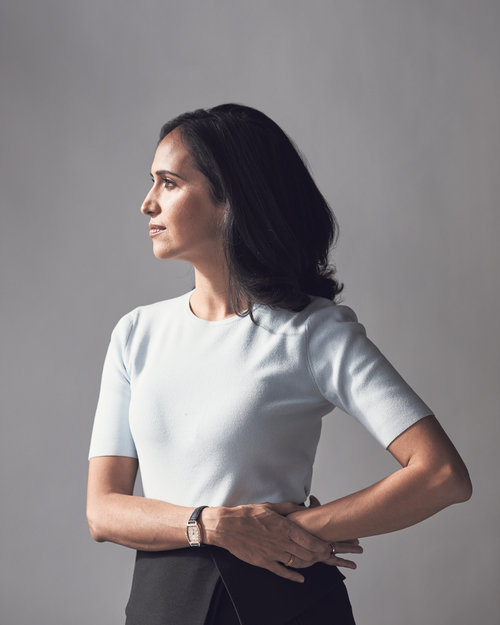
Image by Tom Werner/Getty Images, © All Rights Reserved.
The Hard Work of Disagreeing with Those Who Are Similar to Us
Everywhere you look these days, progressive America is trying to convince its brethren to reach across the aisle and talk to those unlike them. Spaceship Media puts a journalist in a chat room along with people from different parts of the country to have a mediated conversation complete with independent fact-checking. Living Room Conversations gathers people with different ideas about things like climate change and housing and guides them to explore their differences and common ground. The Aspen Institute and Facing History and Ourselves has just launched the Better Arguments Project, which will travel to communities through out the country to guide citizens in talking about something controversial without devolving into shouting and stalemates.
These are all deeply worthwhile efforts. Surely the preponderance of smug progressivism must be addressed with some real, sobering conversation. Too many progressives have an absurdly limited lack of empathy for anyone who doesn’t dress like them, talk like them, and believe like them. I feel it in myself. Even though I’m just two generations away from farm life in Nebraska, the idea that one would have more passion for protecting the Second Amendment than banning assault weapons is completely baffling to me. It surfaces all of my worst tendencies to otherize, minimize, and reduce complex humans into a-holes.
And yet, I’ve had some of these partisan-crossing conversations, and many times, they’re far less explosive than we anticipate them to be. My cousin is an Evangelical Christian who believes that women are designed by God to bear children and nurture families, in addition to other awesome things (she is an occupational therapist and badass mountain biker). I am an agnostic feminist who believes gender operates on a spectrum and that the choice not to have children is just as sacred. We’re very close, so we’ve talked about these different ways of seeing ourselves and the world on many occasions. I love thumbing through her Christian books about women’s rightful role, and she has sat in the front row of college lectures I’ve given on feminism. Our differences don’t, truth be told, feel all that hard to navigate.
You know what feels hellishly hard to navigate? Not becoming a “sanctimonious army of one,” as a friend recently put it, when I talk with my parents about money. Or my mom friends about public education. Or my fellow board members about race and inclusion. Often, to avoid my own righteousness altogether, I will go silent, even though the topic is something that I care deeply about and I realize that I am throwing away an opportunity. I realize that while I have plenty of practice debating those who are unlike me, whether in my own head or Mr. Bill O’Reilly himself, I have almost no practice having difficult conversations with those who are similar to me. It feels like I am breaking an unspoken trust — like we have all agreed that we are “the good guys,” and so calling out a way in which we might be wrong is a betrayal.
When I do speak up, I can feel my heart threatening to jump out of my chest. Too often I give a frantic monologue in dire need of editing, rather than a concise and clear-headed explanation of why I think something might be off. I feel 16 years old. Which maybe, isn’t the worst thing, particularly given how powerful the activism of young people as of late is proving to be. But, at 38, I wish I had a broader range of tools to rely on when I need to say something hard with people I care about, work with, and/or live alongside.
On the flip side, I have very little experience with my friends and colleagues giving me feedback or pushing back against some belief I am espousing or action I am taking. I can probably count on one hand the moments when this has happened, some more dramatic than others. It has usually felt like a slap in the face, even when done with absolute grace, which speaks more to the rarity with which it happens than the tone itself. It’s a shock to the system because we simply don’t make space for it in our daily lives. We invest in colluding and re-asserting our similarity and rightness rather than investigating the rich and interesting places where we diverge. Something is lost there — a tool for self-examination, for durable relationships, for — at the furthest reaches — democracy.
In sum, I’m not convinced that the only danger is our inability to speak to one another across partisan or rural-urban divides, as is so widely discussed in Trump’s America. It is also, if not equally, dangerous that we have such a hard time talking to our own friends or colleagues about differences of significant moral opinion. It leads us to think that our choices are, by and large, morally sound, when, in fact, many of them may be questionable.

